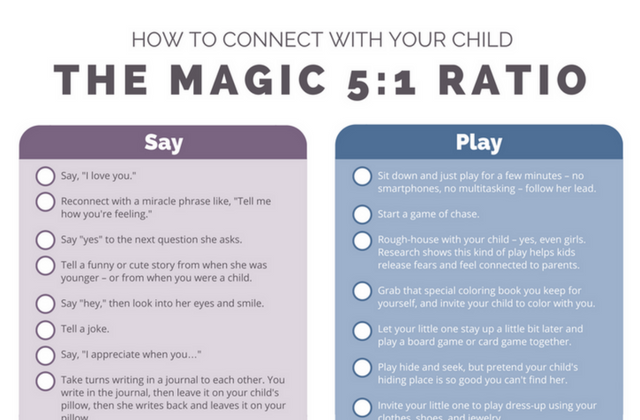How to reconnect with your child after divorce
Yes, You Can Reconnect With Your Children After a Divorce
Oct 25
4 min read
Being a single parent is challenging enough, but then the world decides to throw all of us a curveball. The COVID-19 pandemic has been stressful for everyone, though parents and children have especially been impacted. If you’ve also recently gone through a separation or divorce from your co-parent during the pandemic, that creates additional stressors on your family unit.
No matter what your situation—whether you’re employed, looking for work, or trying to take care of your child alone without resources—your child needs you now more than ever.
Here are five tips from Emily Graham, founder of the support website Mighty Moms, to help you reconnect with the ones you love the most:
1. Communication and connection are key.Depending on how old your child is, communicating with them about the nature of your present difficulties may provide some sense of comfort. This way, they know that they aren’t the only person in the family feeling the way they currently do. Children who’ve experienced some form of trauma need to feel like their parental figures are on their team, so keeping them in the dark does neither of you any good. But you still need to be mindful and respectful of their feelings, so understanding how and when to communicate with them is important.
Establishing a routine is also incredibly important. Meals, chores, school, and everyday activities should all be undertaken on a regular regimen, even if the current routine is different than it was before the traumatic event occurred. Having a routine will help ground your child, giving them much-needed time to understand that the familiar faces and locations in their life are still available to them. This also gives you time to recontextualize things for yourself, as well.
2. Create a safe space in your home.Stress can be environmental as well as emotional, and taking the time to get your home into a state of mindful relaxation could be integral to helping your child recover from the stress of your current hardships.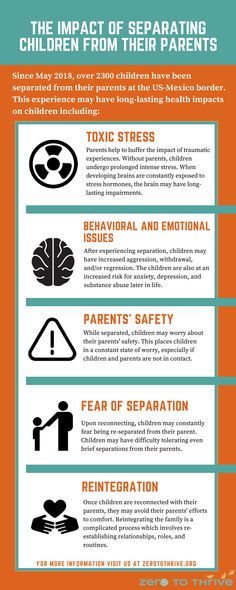
Turn your home into a fresh, vibrant space in order to help with this recovery. A clean bedroom, kitchen, and living area can have serious positive impacts on your kids, not least of which is that you’ve injected a semblance of comfort and positivity into the house by keeping it clean, fresh, and well-lit. Open a window. Change the color in a room. Turn your home into a place where your child feels comfortable and relaxed.
3. Spend quality time, but also give them space.Children should be allowed to play freely and regularly, as play is a form of working through hardship for young people. As a developmental tool, play is hugely important. Kids learn how to communicate, how to deal with others, and how to cognitively define their own worlds—how to contextualize their activities in light of events happening around them. This is integral to helping them through whatever difficult event you’re experiencing currently.
4. Explore your therapy options.
Another option you should explore when looking for ways to reconnect with your child is pursuing professional help. Trained counselors can be helpful in training parents to connect more effectively with their children or Therapists can also provide a valuable resource in teaching families to communicate more clearly and effectively with each other.
5. Connect with others.Remember that even as you reconnect with your child, you may need mental and physical help as well. Don’t neglect your own health—that’s not good for anyone. If you need assistance, you should reach out. Therapy specific to parenting or even to the emotional events going on in your life could be the thing you need.
About Emily GrahamEmily Graham is the creator of Mighty Moms. She believes being a mom is one of the hardest jobs around and wanted to create a support system for moms from all walks of life. On her site, she offers a wide range of info tailored for busy moms, from how to reduce stress to creative ways to spend time together as a family. Contact: [email protected].
Contact: [email protected].
If you’re facing a difficult situation with your co-parent, you’ll need to speak with a qualified attorney to protect your children’s rights. The New Jersey family law attorneys at Smedley Law Group represent clients throughout the state, including West Deptford, Woodbury Heights, Runnemede, and Westville. We understand how challenging this time can be for you, which is why we will fight hard to protect your interests, and the interests of your loved ones, throughout the legal process. Call us at (856) 251-0800 or fill out our confidential contact form to schedule a consultation. We have an office conveniently located at 750 Cooper Street, Woodbury, NJ 08096.
The articles on this blog are for informative purposes only and are no substitute for legal advice or an attorney-client relationship. If you are seeking legal advice, please contact our law firm directly.
10 Ways to Stay Connected With Your Kids After Divorce
It can seem impossible to forgive your ex-wife, but it can be done and it will help you stay connected to your kids. One Play of the Day subscriber writes, “I forgave her, but it took me a whole year and I had to forgive her in small sums over the 12 months. I paid those sums whenever I spoke to her and kept myself from rehashing the past. I paid them whenever I saw her with another man and refused self-pity. I paid them whenever I praised her to others when I really wanted to slice away her reputation. Those were the payments—but she never knew about them. However, I never knew her payments, but I know she made them. I can tell.”
Bitterness always eats its possessor. Resolve to make small payments of mercy. You and your children will be better for it. Though you are no longer married to your ex, you are always your children’s father. Here are 10 ways to stay connected to your kids after divorce.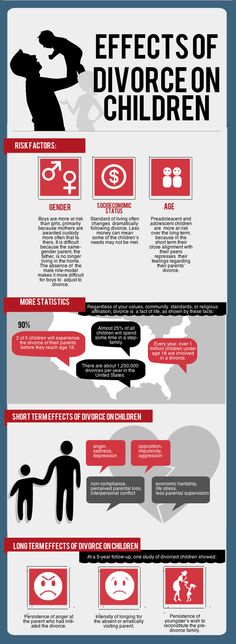
1. Pursue, pursue, and then pursue some more.
Never stop pursuing your kids, no matter what the obstacle. Maybe they have moved to another state or your ex-wife is sabotaging your efforts to be with them. Do FaceTime, write letters, become a master at diplomacy with their mother, send text and video messages, go to any and all events when you can, and ask them to send you pictures.
Never stop pursuing your kids, no matter what the obstacle.
2. Make the most of your time.
In most cases of divorce, the mother has custody of the children. But you can still stay connected to your kids. An agreement is reached about times that they will be with their father. Plan out your time together so these days are special. Do their favorite things. Play with them. However, have enough flexibility to let them choose what they would like to do. Just make sure they have 100 percent of your attention the entire time you get to have them.
3.
 Make your home their home.
Make your home their home.You have moved out and now have a new home. This is going to feel strange to your children. Do everything you can to make them feel welcome and wanted in your new place. Dedicate a bedroom solely for their use. Let them decide how to decorate it. This will be exciting for your children and give them a sense of security when staying with you.
4. Share an interest.
Become a student of their interests and learn how to do what your kids like to do. Maybe your son likes snowboarding. Take it up with him. Your daughter might be an avid reader. Pick a book to read together so you can discuss. Find something and build a positive connection with it.
5. Make a fresh start.
Start a brand new photo album for you and the kids. Always have your phone/camera with you. Take pictures of each weekend and write what you did and where you were. Send the photos to them or post them to social media with their permission.
6. Remember you’re still very important.

You will always be their dad. Nothing on earth can change that fact. Your involvement in their life is critical to their future. Research by the University of Delaware concludes that children with involved fathers tend to have higher self-control and self-esteem. They also have stronger social and coping skills.
7. Be respectful of your ex.
No matter the hurt feelings or circumstances, only speak of your ex-spouse in respectful tones. She is still the mother of your children and they love her. Handle this difficult time with class and dignity. Not doing so is devastating for the mental well-being of your kids.
8. Stay consistent.
Ever since you parted ways, it’s likely you have different ideas from your former wife’s. However, try to forge an agreement on how you each plan to parent your kids. Consistency is key. Your children will become confused if there are two sets of rules in two separate houses.
9. If you can, live close.
Find a place to live that is close to your kids. It will lessen anxiety knowing Dad is “just down the street.” Picking them up from school, for instance, or taking them to the doctor will still be a possibility. Little things mean so much.
It will lessen anxiety knowing Dad is “just down the street.” Picking them up from school, for instance, or taking them to the doctor will still be a possibility. Little things mean so much.
10. Be sensitive about introducing them to new people.
Eventually, you will begin to date again. This can be traumatic to your children, especially to daughters. Be sensitive and careful about how and when you introduce someone new. Also, if you have teens, remember they are watching how you handle dating. Behave as you would want them to behave.
Sound off: How else can a single dad stay connected to his kids if his kids don’t live with him full time?
5 rules of communication with a child and 4
Nobody needs sacrifices. If you and your wife categorically cannot live together, you should not torture yourself and your children, but disperse peacefully. But the sense of responsibility should not be forgotten either. Moreover, now there are not two of you, but three or even four. How to be a good father without sacrificing your personal life? Andrey Prokofiev, an employee of the Men's health magazine, shared his own experience with the New Hearth.
How to be a good father without sacrificing your personal life? Andrey Prokofiev, an employee of the Men's health magazine, shared his own experience with the New Hearth.
d.baranov
Over the considerable period of my fatherhood, I became convinced that the lion's share of unrest with leaving the family is associated with an incredible amount of lies. They say, "huge responsibility, enormous expenses, children are still stupid, and dad alone will never cope with them." All this is nonsense. Children are the same people, only small, and they will understand everything perfectly if you can clearly explain.
Responsibility is also talked about mainly by those who have no idea about it. Yes, and the costs are quite possible to survive - they are not so suffocating. And a family in which life is like during a civil war is not needed by anyone, including a child.
So in your relationship with your child, the main test that you face is your own fears and doubts, as well as the theoretical possible insanity of the child's mother. In the process of communicating with my children and their mothers, I personally developed a number of rules, which, as it turned out, are very much in the style of modern child psychology. First...
In the process of communicating with my children and their mothers, I personally developed a number of rules, which, as it turned out, are very much in the style of modern child psychology. First...
A family in which father and mother are like a cat and a dog is an unreliable rear for a child, one cannot rely on him in development. The situation when parents live separately, but love him and do not devour each other, is much more stable for the growing psyche.
The world is the world
Even if you parted without breaking dishes and mutilating, keep in mind: in order to get stable access to the child, without failures and at normal speed, you will have to build relationships with his mother. By the way, after parting, she has no less stress than you do. Keep in mind that your friend may be less mentally stable than you. For example, erase all phones, do not answer letters, and the answering machine will repeat in her voice: "Don't call, you bastard, never come here again!" Then you have only two options to establish a connection with the offspring.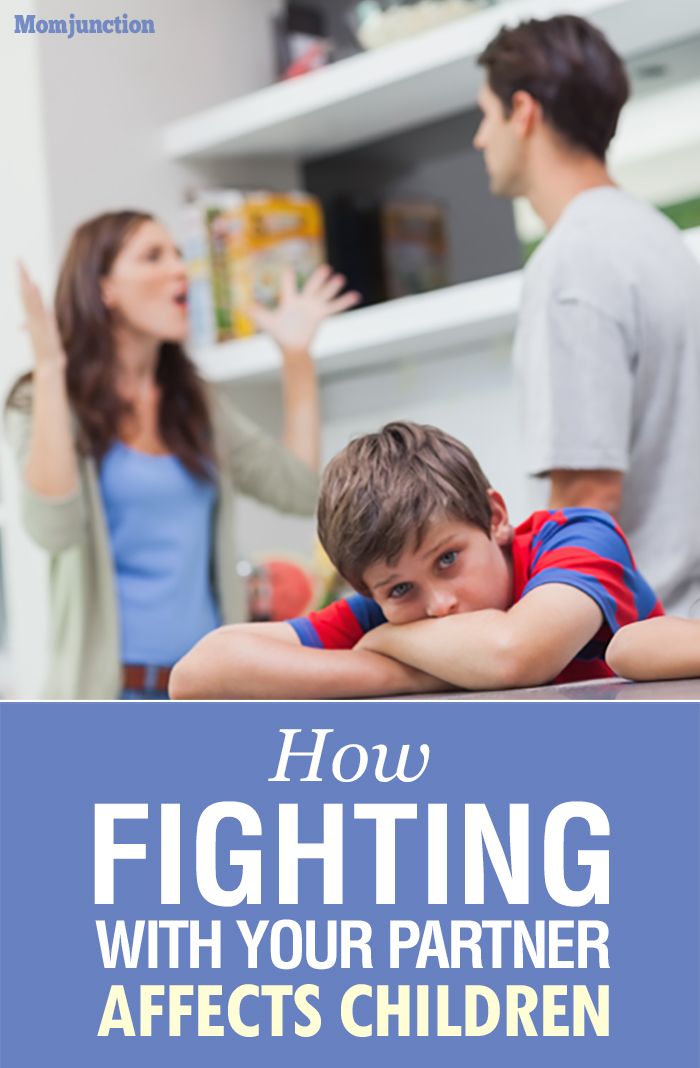 Firstly, the court, but in this way you will only increase the state of affect of the opposite side and sign your own impotence. The second and most competent option is to move towards the goal of raising children on the sly.
Firstly, the court, but in this way you will only increase the state of affect of the opposite side and sign your own impotence. The second and most competent option is to move towards the goal of raising children on the sly.
Courts are always bad. People usually get involved in a lawsuit about a child in a state of passion, being unable to resolve the matter amicably. But the court can intensify the enmity so much that the relationship cannot be restored in any form. Keep in mind that we have a very low legal culture, and a court decision will not necessarily be enforced.
Taking by cunning
Even if the offspring's mother rejects you completely, calm down. In time, everything will fall into place. But of course, you can contribute to this by continuing to build relationships. While calling, talk to the baby, let him know that you love him and constantly think about him. Give gifts, buy chocolates and sweets, send postcards. Diplomacy is as important in our father's business as it is at UN Headquarters.
Diplomacy is as important in our father's business as it is at UN Headquarters.
Don't rush to set rules, don't bombard yourself with demands, don't play yourself a great educator. Try to communicate gently and compliantly with the mother of the child. Do everything not to anger her: agree, obey. The latter is especially important, since children tend to take on all family problems. There were even cases when they began to steal, just to distract mom and dad from sorting things out.
Therefore, it is very important to remove the blame from the child. And be sure to explain to him what actually happens. The child must understand that people sometimes disagree, and there is no fault of his own - it's just the way life works. It is necessary to speak about what happened as frankly as possible - everything that adults are silent about, children consider something terrible and unbearable.
Often when a child asks: “Why is that?” Parents prefer to remain silent. The kid eventually accepts the rules of the game and stops asking questions. He begins to think that they are not talking about it, since he cannot bear the truth. You can never hide the obvious, so as not to inflict severe trauma on the child, which will definitely show up in the future.
The kid eventually accepts the rules of the game and stops asking questions. He begins to think that they are not talking about it, since he cannot bear the truth. You can never hide the obvious, so as not to inflict severe trauma on the child, which will definitely show up in the future.
Hard work
In Russia, and not only, an absurd primitive stereotype is widespread: the child belongs to the woman, and the man has to work from morning to night and bring home animal carcasses, fresh fruits and multi-colored paper rectangles. Moreover, this stereotype is cultivated by both sexes.
To create a real relationship with a child, even if it is difficult, you need to communicate with him. You must give your child everything you can. Show what the car has under the hood, let them tighten the screws (I say from my experience that children can do this even a year), change the wheel together, drive to watch the planes take off, look at mating insects, beat a pear, kill a five-armed person on the computer screen a peasant with an ax, buy various tsatskis and skirts in stores and dress up dolls together.
Do whatever you want: the little ones are interested in everything. In this case, even if you do not have the opportunity to see the cub often, each meeting will be a bright event for him in everyday life. Use it.
As calm as a boa constrictor
Nature has arranged us so wonderfully that children love their parents simply because they are, and not because they buy radio-controlled models of asphalt pavers loaded to the top with gummy bears. You should not speculate on this, but you can always keep in mind. This will allow you not to look for trouble, not to think that if you were not allowed to meet with the offspring once or twice, it will forget you, and not to prove anything to the child. This is such a psychological axiom that many will probably take hostility, but in vain.
Trying to make amends by sacrificing yourself to raise a child is pointless and will not lead to anything good. Some in their self-flagellation even go so far as to convince themselves: now the son will definitely become an alcoholic, and the daughter will become a prostitute. In their groundless fear, such fathers incredibly burden both themselves and their child with non-existent problems, of course, without improving relations with him at all.
Some in their self-flagellation even go so far as to convince themselves: now the son will definitely become an alcoholic, and the daughter will become a prostitute. In their groundless fear, such fathers incredibly burden both themselves and their child with non-existent problems, of course, without improving relations with him at all.
No need for fanaticism
Don't put your child in a greenhouse, including an emotional one. This will not lead to anything good for you or the child. When communicating with your child, be yourself, do not fake and do not adapt to him. When you bring your child to you, do not forget to inform him that some of the actions that he is allowed by his mother - say, whining, begging for candy - are completely unacceptable according to your rules, and some - for example, jumping on the couch or running around the apartment - on the contrary are allowed.
So, understand this: the situation of a separated family, of course, is far from ideal, but it is absolutely not catastrophic either. So don't eat yourself up. The less you worry and feel sad, the calmer and more comfortable your child will be. Know that you can handle it. All in your hands! So go ahead, dad.
So don't eat yourself up. The less you worry and feel sad, the calmer and more comfortable your child will be. Know that you can handle it. All in your hands! So go ahead, dad.
5 basic rules for communicating with a child
1. The most important taboo: never speak badly of his mother. It will bring nothing but harm. As a result, it is not the one who is spoken badly about who loses, but the one who says it.
2. Don't be afraid to introduce your child to a new friend. He will be jealous, but for his development, paradoxically, jealousy is very important, because he learns to reckon with the opinions and desires of others.
3. Enjoy meeting your child. Strained dates, hysterical explanations, tensions and fears - all this the child catches very quickly, understands that something is wrong, and begins to suffer.
4. When you can't meet, don't forget to call and say that you love him and always think about him, you just had to go on a long voyage to bring him the most beautiful shell in the world.
5. Learn four simple mantras in your relationship with your child: “I love you”, “I didn’t leave you, it’s just that we can’t live together with your mother”, “Your mother is the best”, “You are the best and neither of which he is not guilty." The role of dad in raising a child
4 basic rules in communicating with the mother of a child
1. Your breakup has nothing to do with the fact that she is stupid, bad-looking or does not know how to cook pilaf, it just turned out that you are too different.
2. You don't leave her and the baby, you just don't intend to spend the night with her.
3. You are ready to help her in everything (or in many ways), except for reaching an orgasm, because you can't command your heart.
4. You must participate together (and not in turns) in the upbringing of the child. Call up, chat, share your impressions and plans for his future.
5 mistakes of recently divorced fathers
- Tags:
- Expert advice
- 0-1 year
- 1-3 years
- 3-7 years
- 7-12 years
- teenager
- children in the family
- family relationships
The breakup of a family becomes a serious test for all its members. First of all, the former spouses are concerned about how to mitigate the consequences of divorce for the child, it is also important to find ground under the feet of the mother - as a rule, it is with her that the children remain. However, not only the mother is in a difficult situation, but also the father of the child, because blood ties are not terminated by a court decision, and the father will need to develop a new scheme for communicating with his own child. Let's figure out what common mistakes in this difficult situation can be avoided.
1) Do not communicate with the child because of a bad relationship with his mother
Perhaps you want to minimize your contact with your ex-wife, wanting to leave everything that connected you with her, including the child, in the past.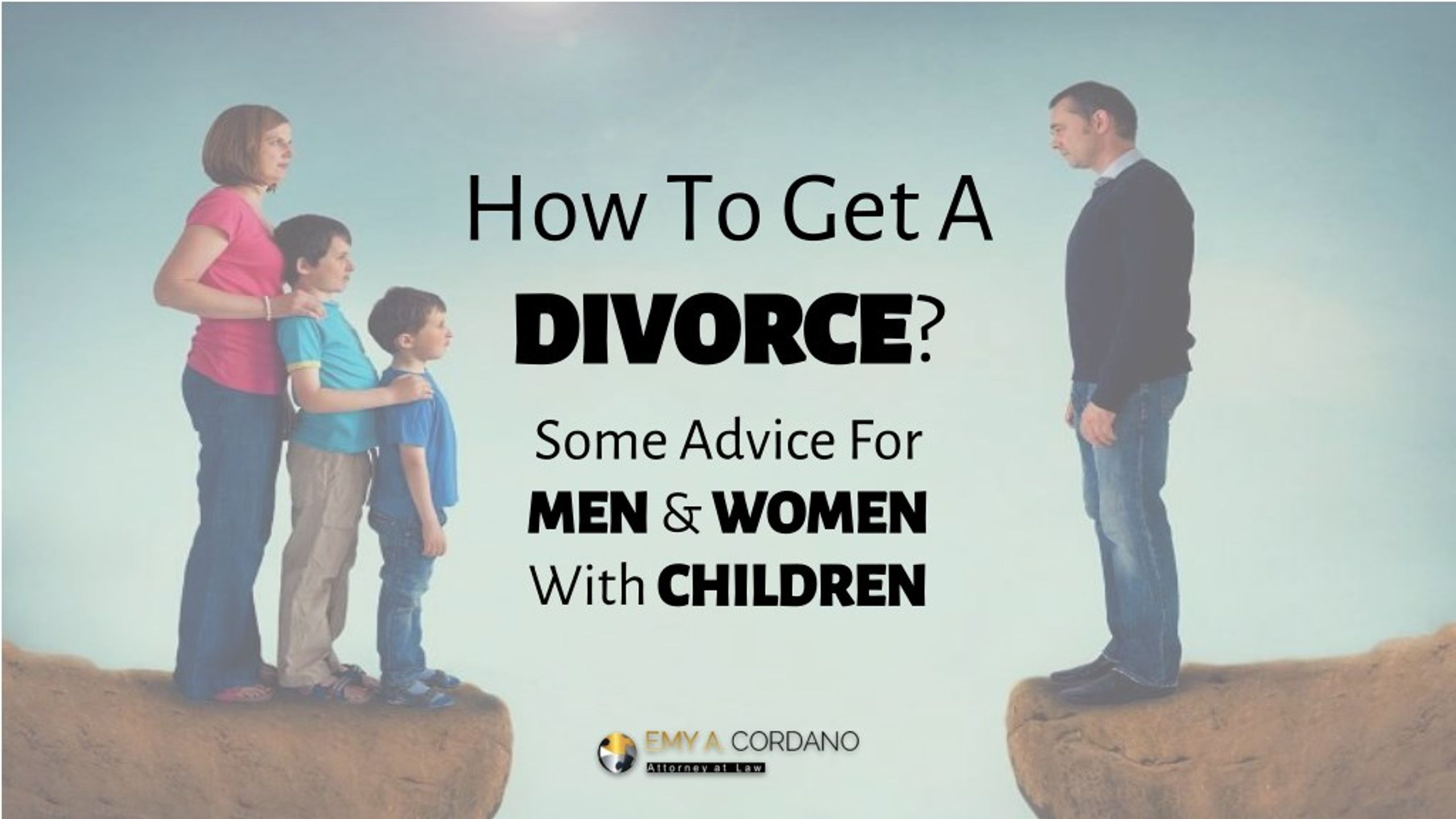 However, the child is not an “attachment” to the mother, but an independent person, and your relationship with him is a story removed from the conflict with his wife. For a child, you will forever remain a very important person. Yes, there will be other men in his environment: grandfathers, teachers, family friends, but you will forever remain your own father.
However, the child is not an “attachment” to the mother, but an independent person, and your relationship with him is a story removed from the conflict with his wife. For a child, you will forever remain a very important person. Yes, there will be other men in his environment: grandfathers, teachers, family friends, but you will forever remain your own father.
The importance of parents cannot be overestimated. Children, even if they do not outwardly show it, are hard pressed by the lack of communication with one of their parents. At school, I witnessed a conversation between two boys, when one said with sincere sadness that his dad did not come to him at all, and was amazed at how happy his friend was that he could communicate with both parents.
According to statistics, more than half of children grow up in single-parent families, but the risk of psychological trauma is significantly reduced if the child receives the attention of both parents, even if the father is "Sunday".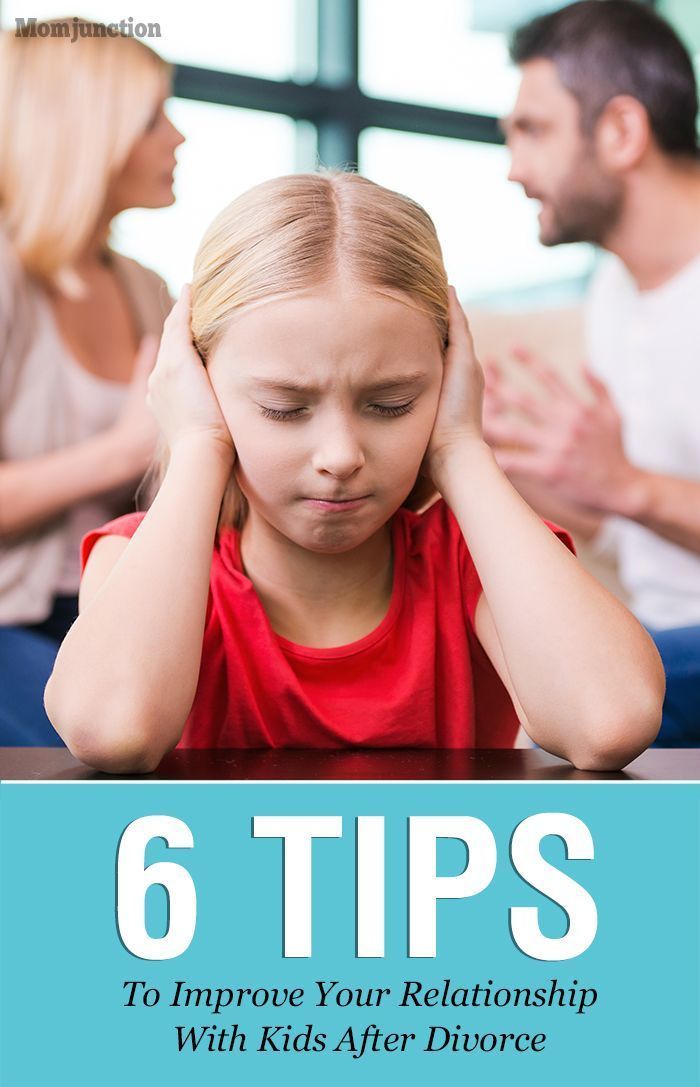 The need of the child to be accepted by his father is so great that even in adulthood he retains the desire to restore this connection if it has been lost. It is truly impressive and touching how much a child is willing to forgive for the attention and love of his parents. In addition, it often happens that fathers themselves, over time, repent that, under the influence of emotions, they destroyed good, close relationships with their children.
The need of the child to be accepted by his father is so great that even in adulthood he retains the desire to restore this connection if it has been lost. It is truly impressive and touching how much a child is willing to forgive for the attention and love of his parents. In addition, it often happens that fathers themselves, over time, repent that, under the influence of emotions, they destroyed good, close relationships with their children.
2) Speak badly about your ex-wife and turn your child against your mother
Yes, you have your own grievances against your ex-wife and you may be very angry with her. But do not rush to make the child an ally in your enmity! For him, both mom and dad are two very significant people, so when he hears something bad about one of them, his world is ready to collapse. Thoughtlessly thrown: "You are as worthless as your mother!" - it sounds monstrous for a child, as if his mother is the worst person on earth.
There is no need to undermine the mother's authority by blaming her for all the sins and discussing with the child her supposedly “wrong behavior”.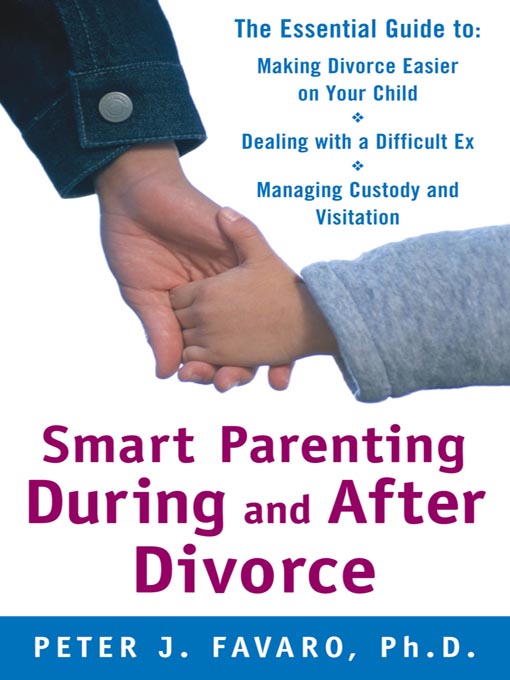 This will only lead to neurosis: the child will believe that he must choose which of the parents he loves more. Such a situation is traumatic, the child may begin to “play on two fronts” so as not to offend anyone, thereby becoming even more confused and learning to lie.
This will only lead to neurosis: the child will believe that he must choose which of the parents he loves more. Such a situation is traumatic, the child may begin to “play on two fronts” so as not to offend anyone, thereby becoming even more confused and learning to lie.
More severe consequences are possible. In practice, there was a case when, after a divorce, the father actively set the child against the mother, insulting her and telling her what an unworthy woman she was. But fate turned out so that after some time the couple got back together, but the child remained negative towards his mother. In the future, this may prevent him from building healthy relationships in his own family.
There is no need to drag the child into an adult conflict, telling the details of dissatisfaction with each other, and also look for support and empathy from the child - he cannot bear such a burden. This is your business with your ex-wife, which does not concern children. The child should know one thing - you love him, as before, and the divorce will not affect your attitude towards him in any way.
3) Introduce your child to your new girlfriend, if you are not going to connect your life with her
Do not rush to introduce your child to your new girlfriend, and, moreover, you should not position her as a substitute for mother. Your new companion is not the child's mother. He has only one mother, just like his father. Introduce your child to your beloved only when you have decided to unite life with her. In addition, it is desirable to coordinate this meeting with the former spouse. Acquaintance with frequently changing girlfriends will undermine the child's sense of stability, cause a feeling of helplessness and anger towards the father.
4) Giving gifts to a child or, on the contrary, not fulfilling his obligations
It happens that after a divorce, a father begins to shower a child with gifts, acting as a “good magician”. Often such a desire is caused either by guilt or by the desire to compete with the former spouse.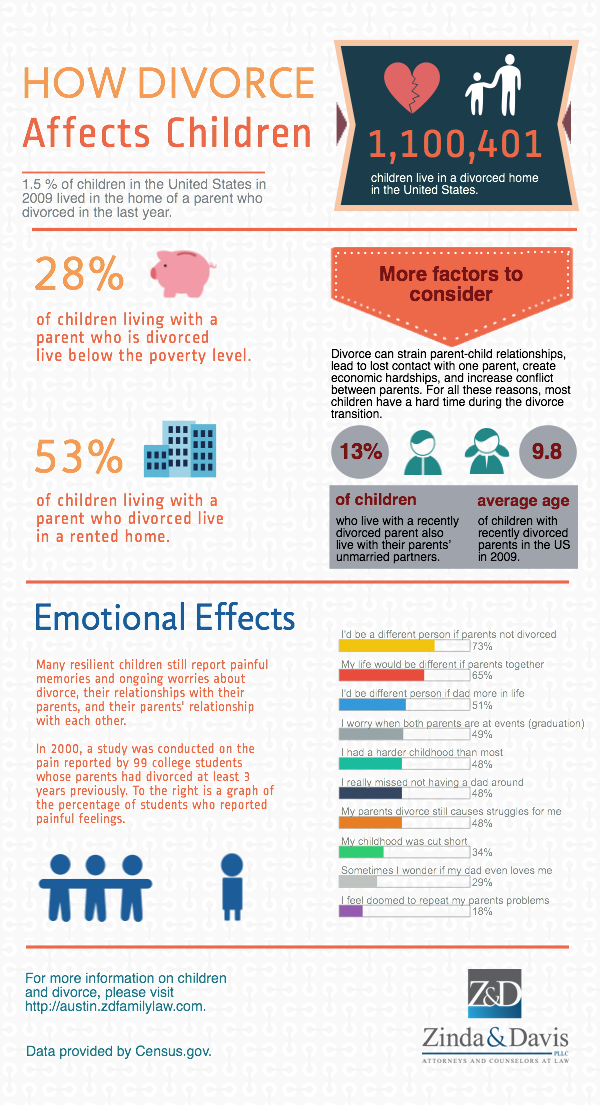
For example, a father feels guilty that the family broke up and tries to compensate for this with countless gifts and money so that the child does not feel disadvantaged. The danger of this approach is that it teaches the wrong attitude to money and brings up a consumer position in the child. The child will not be happy from this, and you are unlikely to enjoy the feeling that he loves you for gifts and skillfully manipulates your guilt. No matter how trite it may sound, but the time spent with the child is the most valuable gift for him. Especially if it's quality time. It happens that dad, having taken the child for the weekend, allows him to sit at home all day, eating sweets and playing on the tablet. Of course, in this situation, it is easy for the father, who allows everything, to become “good” in the mind of the child, and for the mother, who reminds her to do homework and monitors proper nutrition, “bad”. However, is such “authority” valuable and is such a pastime useful for your child if it turns from a one-time, fun “day of idleness” into a system?
The opposite position will also be unproductive: “if the child does not live with me, then I don't owe him anything” or “I want to give, but I don't want to”. The maintenance and upbringing of a child up to the age of 18 is the duty of both parents under the law, and compliance with this law is a sign of a responsible and mature person.
The maintenance and upbringing of a child up to the age of 18 is the duty of both parents under the law, and compliance with this law is a sign of a responsible and mature person.
5) Pretend that nothing happened and try to “play family”
Many modern dads continue to “play family” even after a divorce: go on vacation with their ex-wife and children, arrange joint events, spend a lot of time on the territory mother of the child. Everything seems to look very nice from the outside, but this disrupts the logical course of life and confuses the child very much: “Why is dad not with us if we are having such a great time together?”. All this prepares fertile ground for the development of neuroses. The “unfinished story” appears because of the fear of hurting the child, but if the final decision was made to disperse, then it is necessary to dot the “i” and accept the fact that the divorce will hurt the child anyway.
To tell a child about a divorce, a family psychologist Marina Nakhalova recommends the following conversation with the child: “Once upon a time we weren't parents, we were just a man and a woman who loved each other.